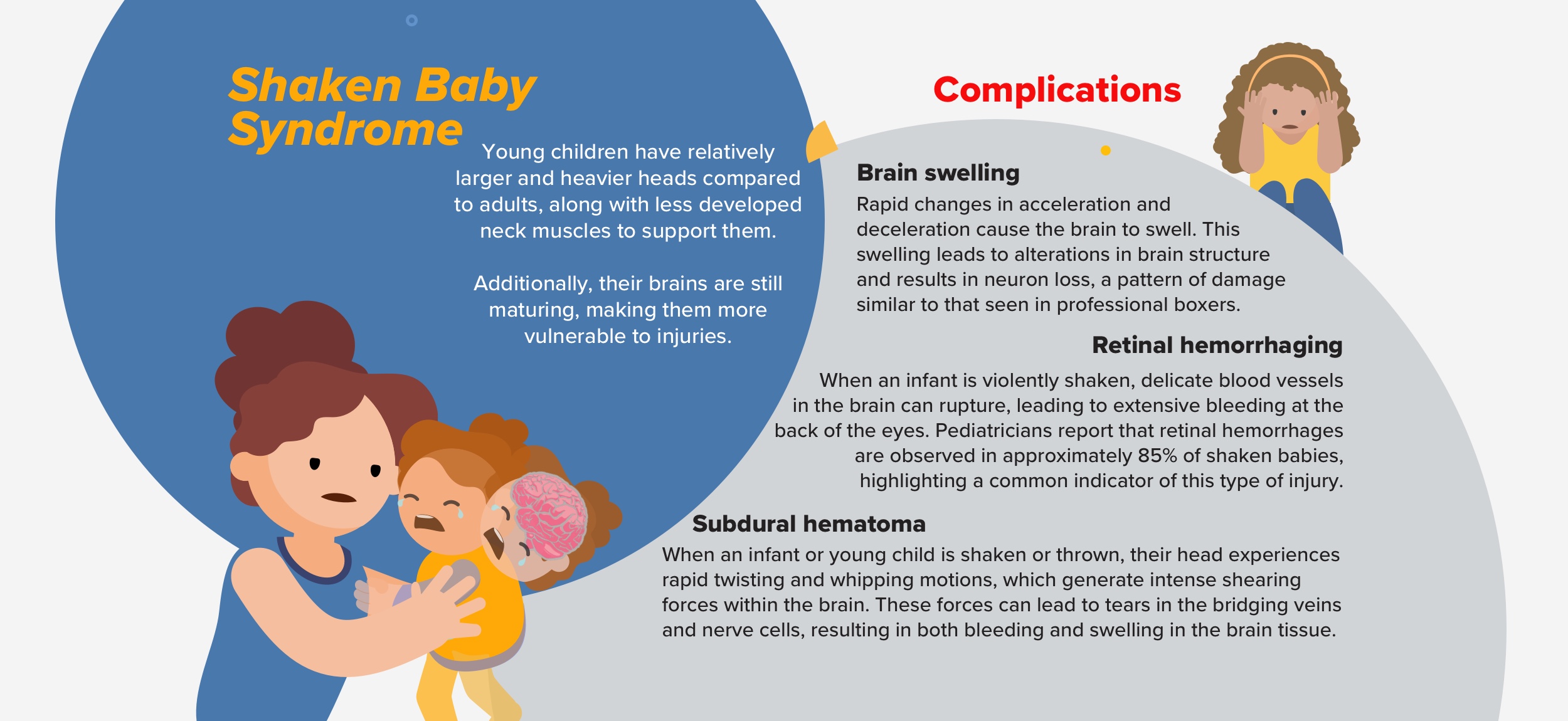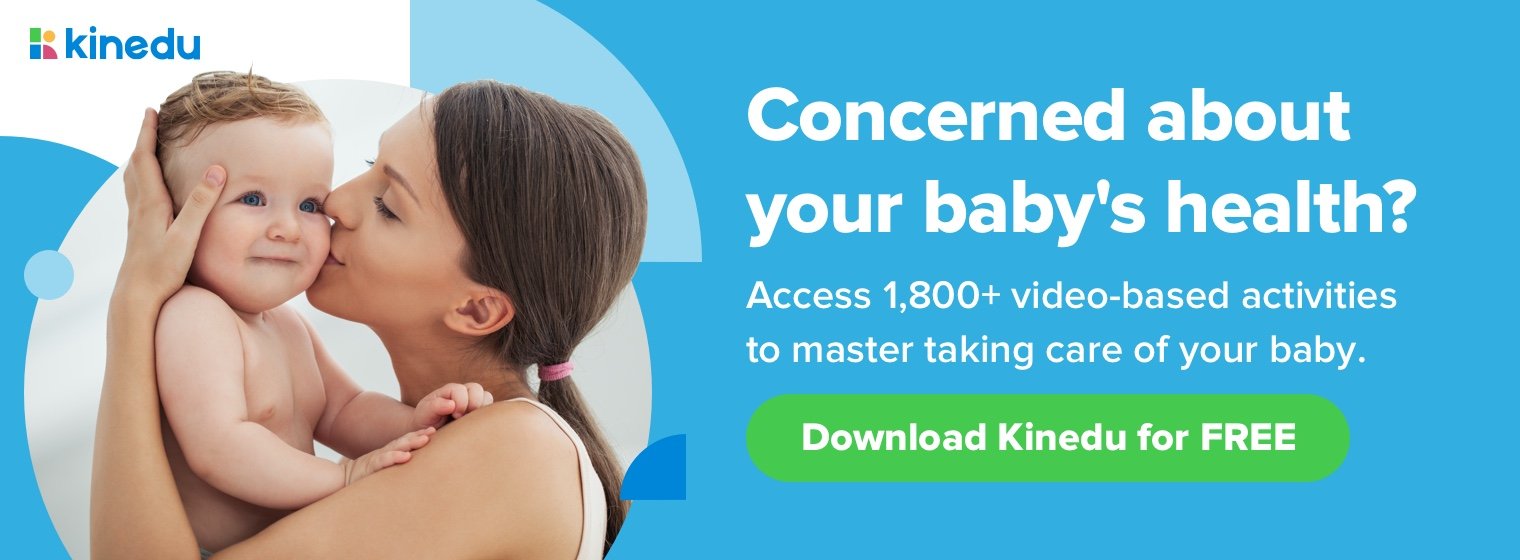Shaken Baby Syndrome (SBS) is a serious form of child abuse that occurs when a caregiver shakes an infant or young child violently, resulting in severe injuries. This syndrome can lead to lifelong disabilities or even death. It is crucial for parents, caregivers, and anyone involved in the care of infants to understand the implications of SBS, its symptoms, risk factors, and ways to prevent it.
SBS is also known as abusive head trauma (AHT) or non-accidental head trauma. It primarily affects infants and young children under the age of two, whose neck muscles are still developing and unable to support the weight of their large heads. The violent shaking can cause the brain to move back and forth within the skull, leading to serious brain injuries.
What Are the Symptoms?
Symptoms may not be immediately evident and can vary depending on the severity of the injury. Common signs include:
- Unresponsiveness: The child may be difficult to awaken or unresponsive to stimuli.
- Seizures: Frequent seizures can indicate severe brain injury.
- Irritability: The child may be unusually fussy or difficult to comfort.
- Poor feeding: Refusal to eat or drink can be a sign of distress.
- Breathing problems: Difficulty breathing or irregular breathing patterns may occur.
- Vomiting: Frequent vomiting, especially if accompanied by lethargy.
- Developmental delays: Delays in reaching developmental milestones can emerge over time.
If you notice any of these symptoms, especially after a situation where the child may have been abused, it is crucial to seek medical attention immediately. Early diagnosis and intervention can significantly improve outcomes.
Can SBS Happen Accidentally?
No, SBS does not result from gentle bouncing, playful swinging or tossing the child in the air, or jogging with the child. It is also very unlikely to occur from falling accidents or being dropped by a caregiver.
Can a Caregiver Cause Shaken Baby Syndrome?
Yes, the primary possible cause of SBS is violent shaking, often in frustration or anger when a caregiver is unable to soothe a crying infant. Common scenarios that lead to this behavior include:
- Extreme frustration: A caregiver may shake a baby in an attempt to stop excessive crying.
- Parental stress: New parents may experience overwhelming stress, leading to impulsive reactions.
- Substance abuse: Caregivers struggling with substance abuse may exhibit increased aggression and impulsive behavior.
Understanding the underlying causes of SBS can help in addressing and mitigating these risks. Awareness of these risk factors is crucial for preventing SBS. It can help caregivers recognize their limits and seek support when needed.
How Can You Advocate to Prevent Shaken Baby Syndrome?
Prevention involves education and support for caregivers. Here are some key strategies:
- Educate caregivers: Provide information on the dangers of shaking a baby and the consequences of SBS.
- Encourage coping strategies: Teach caregivers healthy ways to cope with frustration, such as taking breaks when a baby is crying or seeking help from others.
- Support systems: Establish support networks for new parents, including parenting classes, support groups, and access to counseling services.
- Public awareness campaigns: Raise awareness within the community about the risks and signs of SBS.
What Happens if SBS Is Not Addressed?
If left untreated, SBS can potentially affect a child’s ability to eat, speak, and perform oral hygiene tasks. Some children adapt well, while others may continue to experience issues. Speech delays, difficulty pronouncing certain sounds, and even dental issues can arise as a result of an untreated SBS.
By empowering caregivers with knowledge and support, we can reduce the incidence of this preventable condition.
For more science-backed, informative articles on child development and parenting, access the On-Demand content in our Kinedu app. Together, we can create a safer environment for our children and ensure they receive the best care possible.









